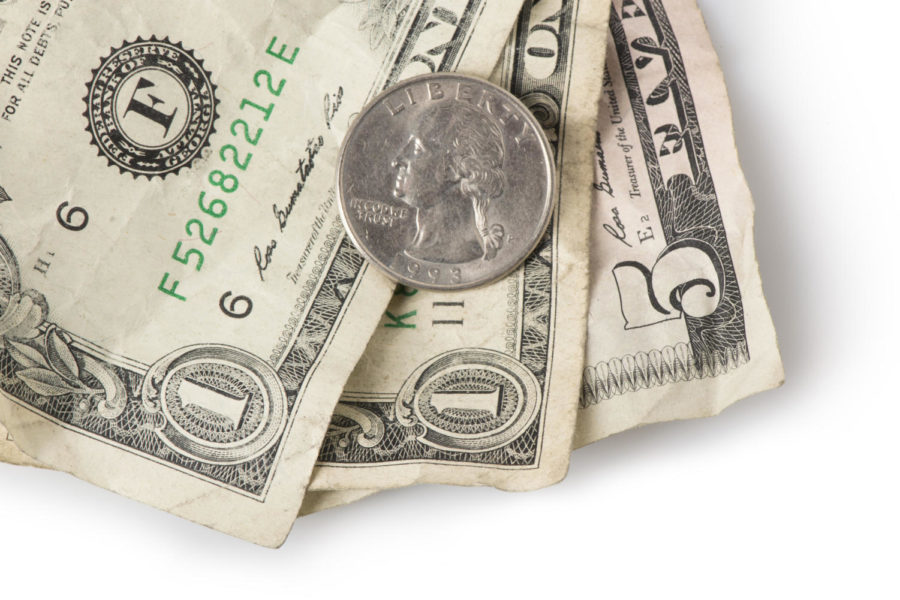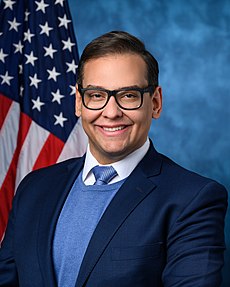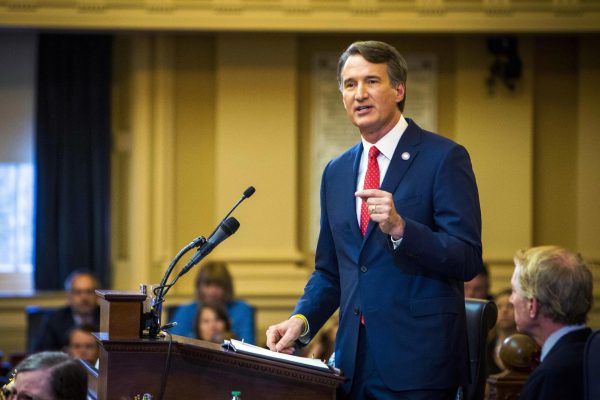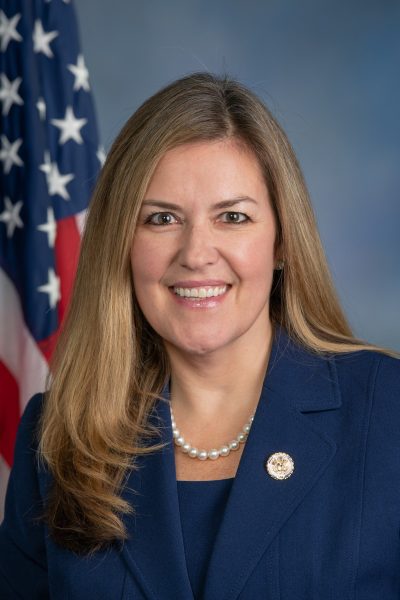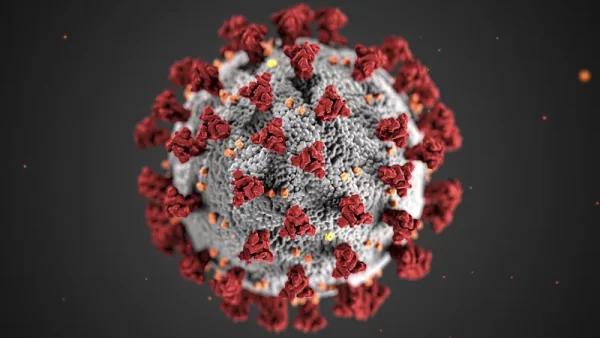Minimum Wage: Why Does it Matter?
Photo by: Getty Images/iStockphoto
Wrinkled dollar bills and a quarter adding up to $7.25, the current (as of 2016) U.S. Federal Minimum wage.
A new bill intended to raise minimum wage in Virginia was shot down, sparking debates about the importance of minimum wage
In January, a bill was proposed that would have increased Virginia’s minimum wage from $7.25 to $15 by the year 2021. Currently, Virginia’s minimum wage is the federally mandated minimum. Neighbors Maryland and Washington D.C. both have higher minimum wages; Maryland raised theirs to $10.10 last summer, and DC’s is the highest in the nation at $13.25.
The Virginia bill would have raised the minimum wage from $7.25 to $10 in July 2019, then to $13 in July 2020, and finally $15 in July 2021. However, it died in the Virginia Senate after the 21 Republican majority defeated the 19 Democratic members. Over the years, this same thing has happened to several bills designed to increase Virginia’s minimum wage. In 2014, two bills set to increase the hourly wage died in The House of Commerce and Labor Committee.
There is much debate over the costs and benefits of raising the minimum wage. Some argue that an increase in minimum wage would hurt small businesses who already struggle with higher health care costs, and that jobs could be cut because of it. On the flip side, an increase in minimum wage could reduce poverty rates and help support families who rely on a single income from a low paying job.
Some people believe that an increase in the minimum could be much more influential than commonly thought. Studies by the American Public Health Association show that a higher minimum wage can improve health – this is likely due to families being to more easily afford medicine and healthcare. The increase in hourly wages is also linked to lower rates of teen pregnancy and teen alcohol consumption. Matthew Desmond from the NY Times wrote, “A $15 minimum wage is an antidepressant. It is a sleep aid. A diet. A stress reliever. It is a contraceptive, preventing teenage pregnancy. It prevents premature death. It shields children from neglect.”
Junior Scott Mogensen believes shooting down the Virginia bill was the right choice.
“I think minimum wage should stay where it’s at because otherwise, small businesses might have trouble keeping up,” said Mogensen.
Other students hold different views on the topic. Senior Gwyndolyn Miles believes raising the minimum wage could improve the lives of working people.
“Our minimum wage is a poverty wage, and a living wage isn’t a privilege, it’s a right. People deserve to be paid enough to live, and that isn’t happening with today’s minimum wage,” said Miles.
Although the debate is far from finished, for now, the minimum wage in Virginia will remain $7.25. This could change if the federal minimum wage is raised, but there are no plans for this in the foreseeable future.


